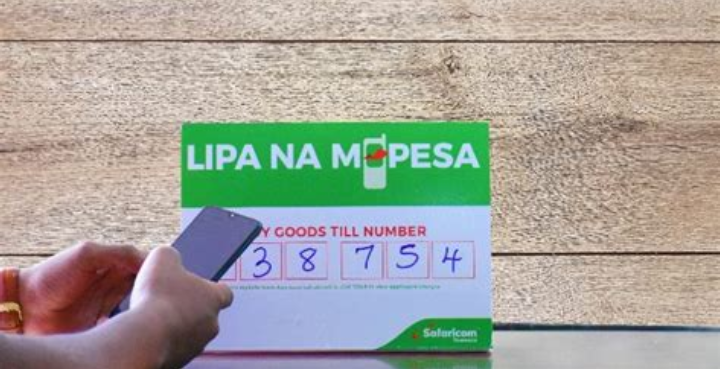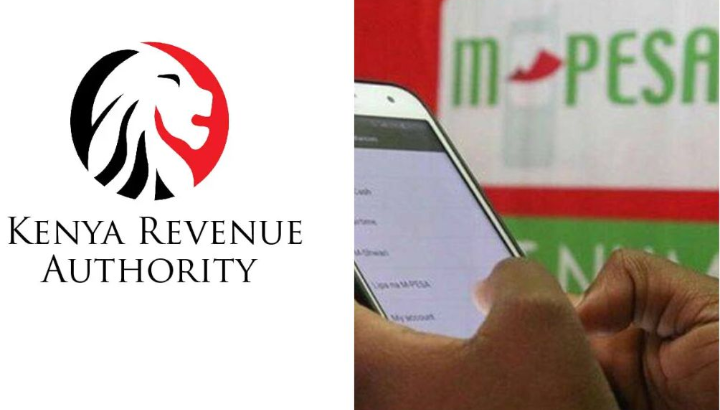In a move set to shake up the tax landscape, the government has unveiled a groundbreaking initiative to transform mobile money paybill and till numbers into electronic tax registers (ETRs) by December 2025. This bold step aims to target tax evaders and significantly boost national revenue.
Virtual ETRs
As mobile money platforms like M-Pesa dominate Kenya’s business environment, this new initiative seeks to ensure tax compliance. Senior economic advisor to President William Ruto, Moses Kuria, announced this development during the 2024 Kenya Revenue Authority (KRA) Tax Summit.
The plan aims to integrate mobile money paybill numbers into the virtual ETR system, which will ensure traders using these platforms can no longer avoid paying taxes.

“We’ve agreed with the Commissioner-General that come Christmas 2024, all paybills will also be virtual ETRs for the purposes of tax collection,” Kuria said.
KRA Addressing the Tax Evasion Gap
Mobile money platforms have become a go-to for millions of businesses across Kenya. However, most traders conducting business through paybill services have evaded tax by not using physical ETRs. Kuria revealed that out of the more than two million companies utilizing mobile paybill services, only 200,000 have registered for physical ETRs.
This gap in tax registration represents a massive loss in potential revenue. With virtual ETRs linked to paybill numbers, businesses that were previously outside the tax net will now have to comply.
Collaboration with Mobile Operators to Track Transactions
The Kenya Revenue Authority (KRA) has partnered with leading mobile operators such as Safaricom to streamline the integration process. This partnership aims to enable better tracking of income flows through mobile money services. The virtual ETR system will give tax authorities more control over monitoring transactions, reducing the avenues for tax evasion.

This initiative is expected to ensure transparency in the mobile money sector, where many businesses have previously evaded their tax obligations by avoiding traditional ETR systems.
Targeting High-Earning Businesses in the First Phase
The government plans to roll out the virtual ETR system gradually, with the initial phase focusing on high-earning businesses. Companies generating more than Sh5 million annually will be the first to transition into the virtual ETR system. This strategic focus will enable the KRA to secure larger revenue streams before extending the system to smaller businesses.
Kuria noted that the government is committed to ensuring fairness in the tax system while significantly boosting its revenue collection. He acknowledged that the transition might cause some discomfort but remained firm in his stance.
“I know there will be some noise, but there will be nowhere to hide for anybody,” he added.
The introduction of virtual ETRs marks a significant shift in how the government plans to tackle tax evasion. The system will make it easier for authorities to track business transactions, ensuring compliance with tax regulations.


